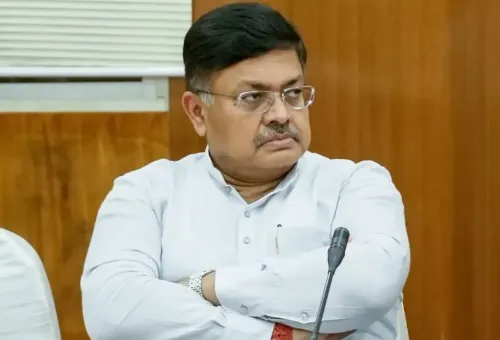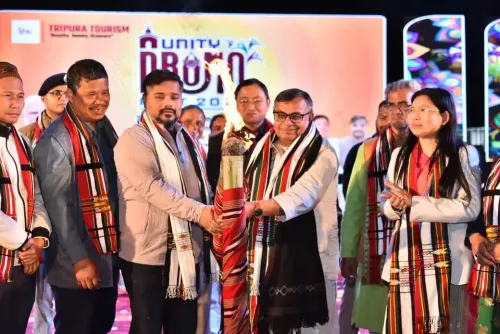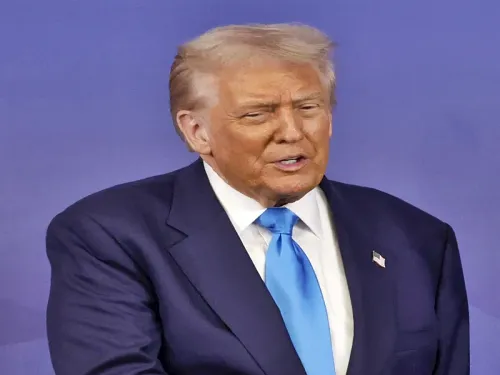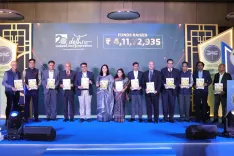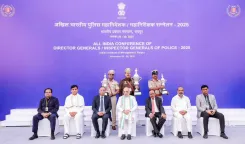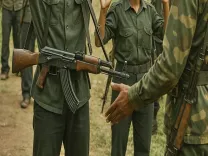Why Did the Telangana HC Refuse to Stay the Gram Panchayat Elections?
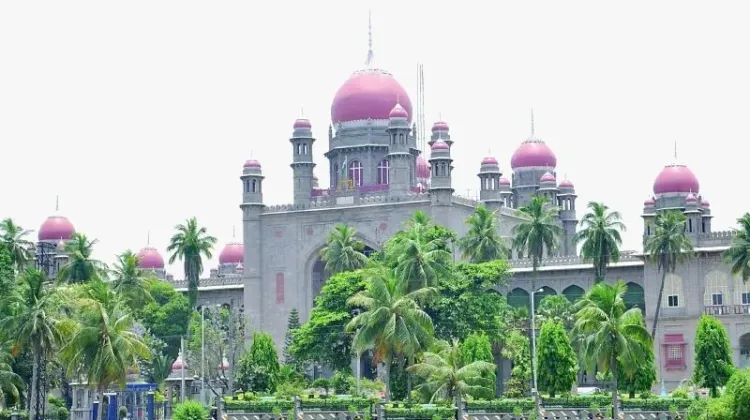
Synopsis
Key Takeaways
- Telangana High Court declined to stay elections.
- Government Order regarding Backward Classes reservations faced legal challenges.
- Elections scheduled for December 11, 14, and 17.
- Over 1.66 crore voters in rural areas eligible to vote.
- Importance of BC representation in local governance highlighted.
Hyderabad, Nov 28 (NationPress) The Telangana High Court has on Friday opted not to suspend the ongoing Gram Panchayat elections in the state.
While addressing a writ petition that contested a state Government Order (GO) regarding reservations for Backward Classes (BCs) in Gram Panchayats, the High Court declined to issue a stay.
A division bench, led by Chief Justice Aparesh Kumar Singh, noted that since the electoral process has already commenced, a stay is not feasible.
The court has mandated the government to provide a counter and has postponed the hearing for eight weeks.
The petition was brought forth by Madiwala Machadeva Rajakula Sangam, which challenged the legality of the BC reservations without adhering to the statutory classification of BCs into groups A, B, C, and D.
The petitioners requested the annulment of Government Order Ms No 46, dated November 22, arguing that the order was issued without observing the necessary BC sub-categorization and without revealing complete empirical data from the Dedicated Commission Report dated November 20, 2025.
It was highlighted that, although the Telangana government has submitted a Bill to the Governor to amend Section 285-A of the Telangana Panchayat Raj Act, 2018 to elevate BC reservations from 18-22 percent to 42 percent, the amendment lacks provisions for subclassification of BC communities into BC-A, BC-B, BC-C, and BC-D.
The petitioners argue that due to the absence of such classification, the actual percentage of reservations in rural and urban local bodies is likely to vary between 18 percent and 22 percent at best, based on the voter composition in wards and villages, thus undermining the goal of enhancing BC representation.
Government Order 46 replaced GO 42, which was issued on September 26 and proposed 42 percent reservations for BCs, currently facing legal scrutiny in the High Court.
Last month, the High Court had temporarily invalidated GO 42 but permitted the government to proceed with local body elections, ensuring that total reservations across all categories do not exceed 50 percent.
The State Election Commission has already initiated the election process for Gram Panchayats in three stages.
Nominations for the first phase, covering 4,326 villages and 37,459 wards, began on Thursday.
According to the notification released by the Telangana State Election Commission on Tuesday, elections are scheduled for December 11, 14, and 17 for 12,728 positions of sarpanchs and 1,12,242 wards.
A total of 1.66 crore voters in rural areas are eligible to participate in these elections.


